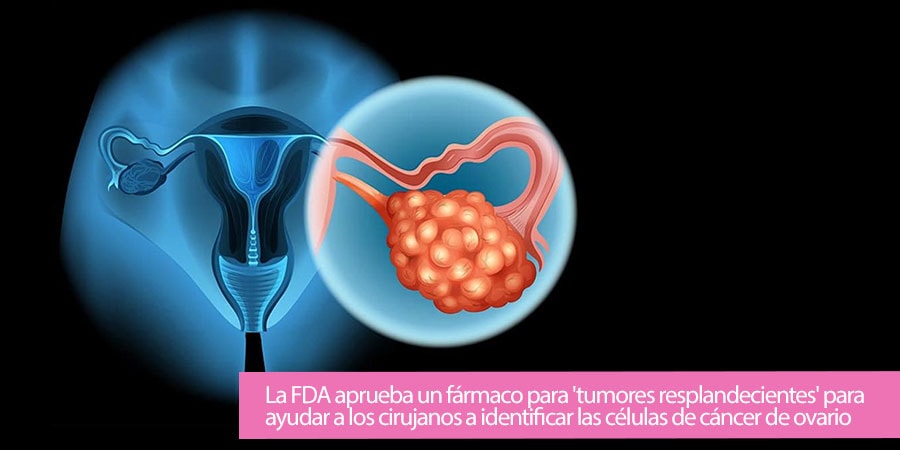![[:es]No atender tratamiento cáncer de ovario a tiempo empeora el pronóstico[:]](https://drlucasminig.com/en/wp-content/uploads/demora-tratamiento-cancer-de-ovario-puede-empeorar-pronostico-drlucasminig-doctor-cirugia-de-ovarios.jpg)
Delays in the start of surgical treatment for Ovarian Cancer can reduce life expectancy
Women with ovarian cancer with delayed surgical treatment could face a shorter life expectancy
Women with ovarian cancer must insist on visiting the doctor when symptoms persist, even when nonspecific. Also, they should visit an adequately trained specialist to get the best cure expectations and receive a multidisciplinary treatment as fast as possible, according to the findings of a new investigation.
A report, made by Target Ovarian Cancer, discovered that a woman referred by a family doctor with a presumptive diagnosis of ovarian cancer takes on average 69 days to start treatment.
The study does not assess the entire problem because it did not evaluate the detrimental repercussions that the Covid crisis has had on the treatment of patients with ovarian cancer. Half of the people who received ovarian cancer treatment between June and July 2020 indicated a delay in the treatment of the disease.
The investigators warned about how routinely the long delays in treatment make women feel “more severely ill” when they start receiving it, which can cause “worse results”.
The fact that two-thirds of women with ovarian cancer are diagnosed late, does not help. They can often mistake ovarian cancer symptoms for more common conditions such as irritable bowel syndrome or menopause, which can delay things even more. Also, family doctors often misdiagnose the symptoms as some other condition such as a urinary tract infection.
They invited people to understand the symptoms and “feel empowered” to seek help if they fear something is wrong with them.
The late diagnosis of ovarian cancer also means that women need more complex treatment. This usually entails major surgery and intensive care support in the hospital. It is necessary that patients are aware of the importance of an immediate diagnosis and starting treatment as soon as possible to avoid a worse prognosis.
The report, which analyses the 2018 statistics (the latest available) discovered that Asian women living in Great Britain waited 75 days since their referral to start treatment.
Each day, 11 women die from ovarian cancer, and two-thirds are diagnosed with the disease once the cancer has already spread, which makes treatment harder and increases the probability of recurrence after treatment.
If doctors can diagnose ovarian cancer at earlier stages, nine out of ten women will live significantly longer, but only around one out of ten survives if the cancer is detected in stage IV, the most advanced stage.
Each year, there are approximately 3.500 new ovarian cancer cases in Spain with around 2.000 deaths per year.
Nobody should have to deal with the level of uncertainty caused by long waiting times for treatment. Two-thirds of ovarian cancers are diagnosed late and starting treatment sooner could have a significant impact on improving results.
This analysis of cancer statistics shows concerning variations in the diagnosis, treatment, and care; and these numbers are pre-pandemic. It is imperative to work now to eliminate each one of the barriers to excellent care for all people with ovarian cancer.
Women who are diagnosed with ovarian cancer in the emergency room often discover they have a more aggressive form of the disease, which can mean that they have fewer treatment options to choose from.
Conclusively, patients must insist on visiting the doctor if ovarian cancer symptoms persist and visit adequately trained specialists to get better cure expectations and receive a multidisciplinary treatment as soon as possible.
Ask for more information or get in touch with us if you want more information about subjects related to Ovarian cancer, how it starts, and its timely diagnosis.
Request more information or contact us if you want more information on topics related to ovarian cancer, how ovarian cancer starts and its early detection.
Doctor Lucas Minig, specialist in the surgical treatment of ovarian cancer, will be able to solve all your doubts.

![[:es]Extirpar Utero no es necesario Extirpar los ovarios[:]](https://drlucasminig.com/en/wp-content/uploads/logotipo-lucas-minig.jpg)



